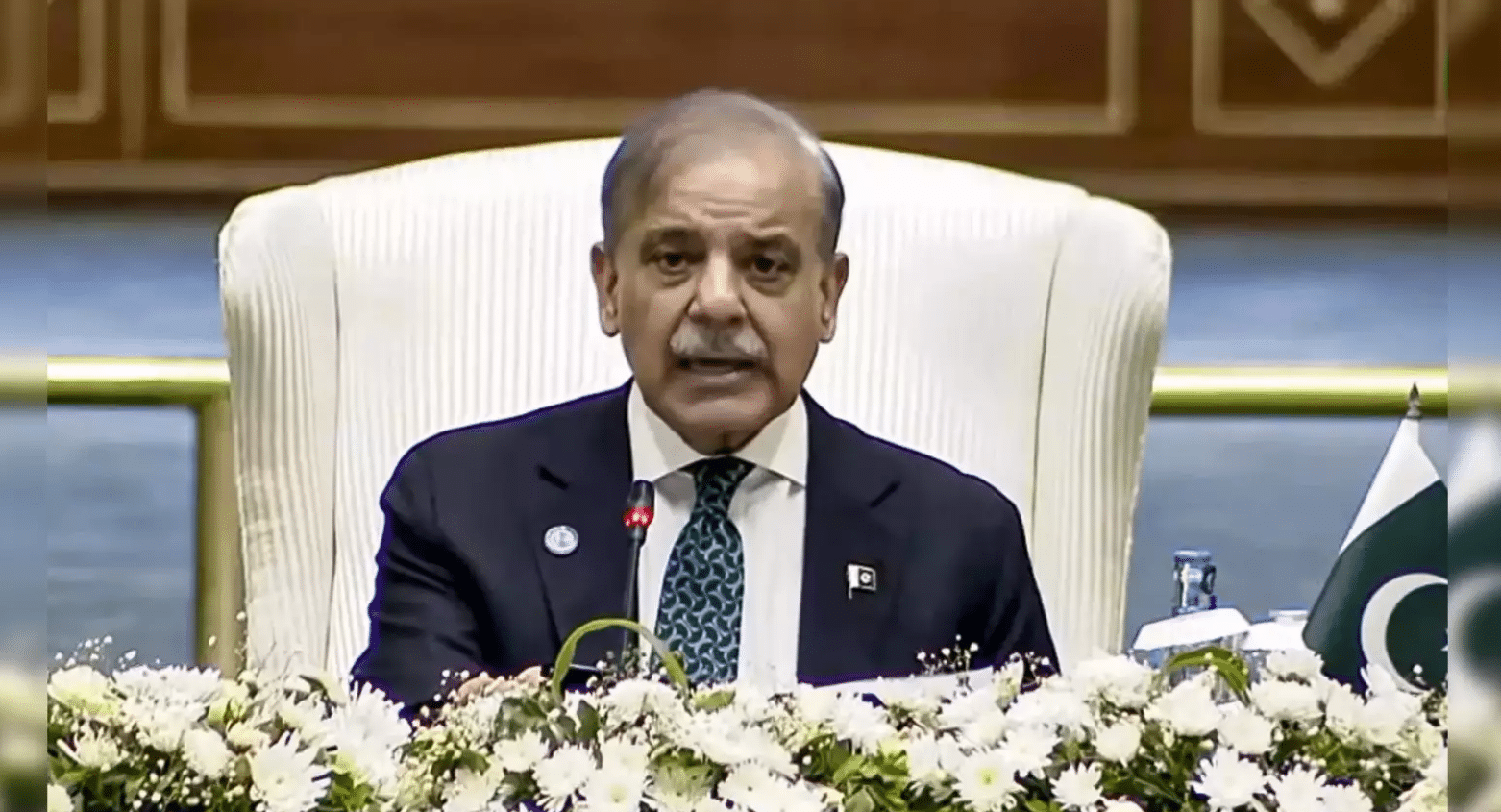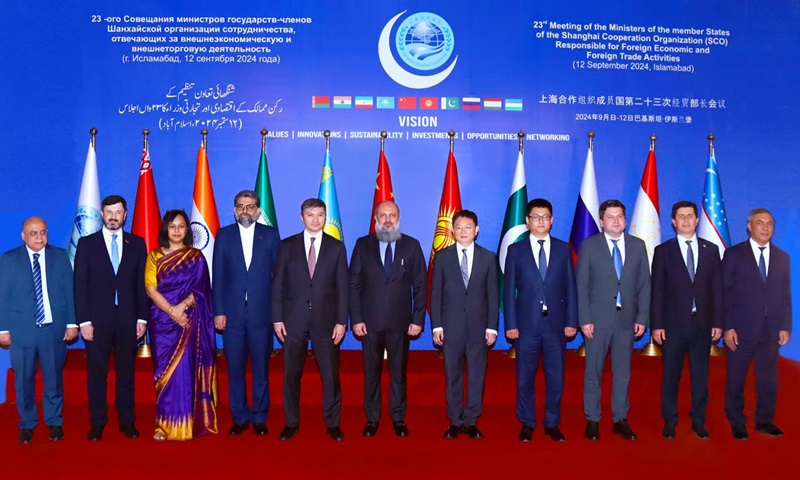In response to the government’s ongoing struggle to meet wheat production targets and the challenges posed by wheat hoarding practices, the federal government of Pakistan has taken a crucial step to secure the nation’s food security. The government has decided to import a staggering 1 million tons of wheat, valued at approximately Rs. 86 billion, subject to approval by the Economic Coordination Committee (ECC). This bold move seeks to address the existing shortage of wheat supplies and ensure that the population’s basic food needs are met. In this article, we will delve into the details of this significant development and its implications.
Understanding the Wheat Shortfall
The first and foremost concern that led to this decision is the inability of the Pakistan Agricultural Storage and Services Corporation (PASSCO) to achieve its targeted wheat purchase. Reports indicate that PASSCO managed to acquire only 75 percent of its set target, a stark shortfall that raised alarm bells within the government. This gap in wheat procurement underscores the pressing need for alternative measures to secure an adequate wheat supply for the nation.
Government-to-Government Agreements and Open Tenders
To tackle this issue head-on, the Ministry of Finance has recommended importing wheat through government-to-government (G2G) agreements and open tenders. This approach aims to streamline the procurement process, ensuring transparency and accountability. By engaging in G2G agreements and open tenders, the government can tap into international markets to secure wheat at competitive prices. It also paves the way for efficient and cost-effective importation.
READ MORE: Imran Khan and Shah Mahmood Qureshi Indicted in Cypher Case, Plead Not Guilty
Involving the Private Sector
Recognizing the severity of the situation, the Ministry of Food Security has suggested that the private sector play a pivotal role in wheat importation. Encouraging private sector involvement can lead to increased competition, better pricing, and a more diversified approach to securing wheat supplies. The government is considering extending its support to the private sector to ensure the success of this initiative.
Sourcing from the International Market
The imported wheat is expected to be sourced from the international market, making this a global effort to address Pakistan’s wheat shortage. The decision to opt for international procurement is rooted in securing wheat at the most favorable prices available, thus ensuring the best deal for the country. The estimated cost of imported wheat per ton is approximately Rs. 86,811, totaling around Rs. 86.8 billion for the entire one million tons.
The ECC Deliberation
The final approval for the import of the required one million tons of wheat will be discussed and deliberated upon by the Economic Coordination Committee (ECC). During the ECC’s session, the Ministry of National Food Security’s summary will be reviewed. This step is crucial in ensuring that all stakeholders are on the same page and that the decision is in the best interest of the nation.
Conclusion
The government’s decision to import one million tons of wheat in response to the ongoing wheat supply challenges demonstrates its commitment to ensuring food security for the people of Pakistan. By exploring various procurement methods, involving the private sector, and sourcing from the international market, the government aims to secure a stable and sufficient supply of wheat. As the ECC deliberates on this important move, it is clear that the government is taking proactive steps to address the wheat shortage and meet the basic food needs of its citizens.




